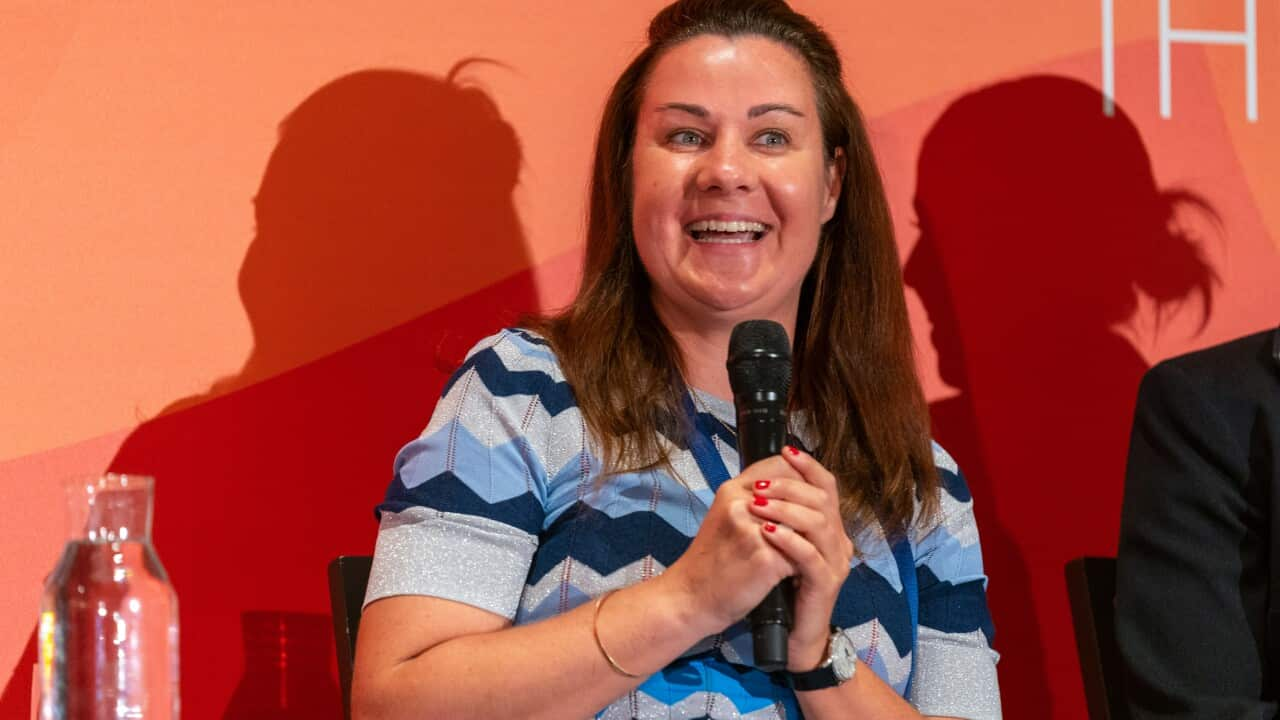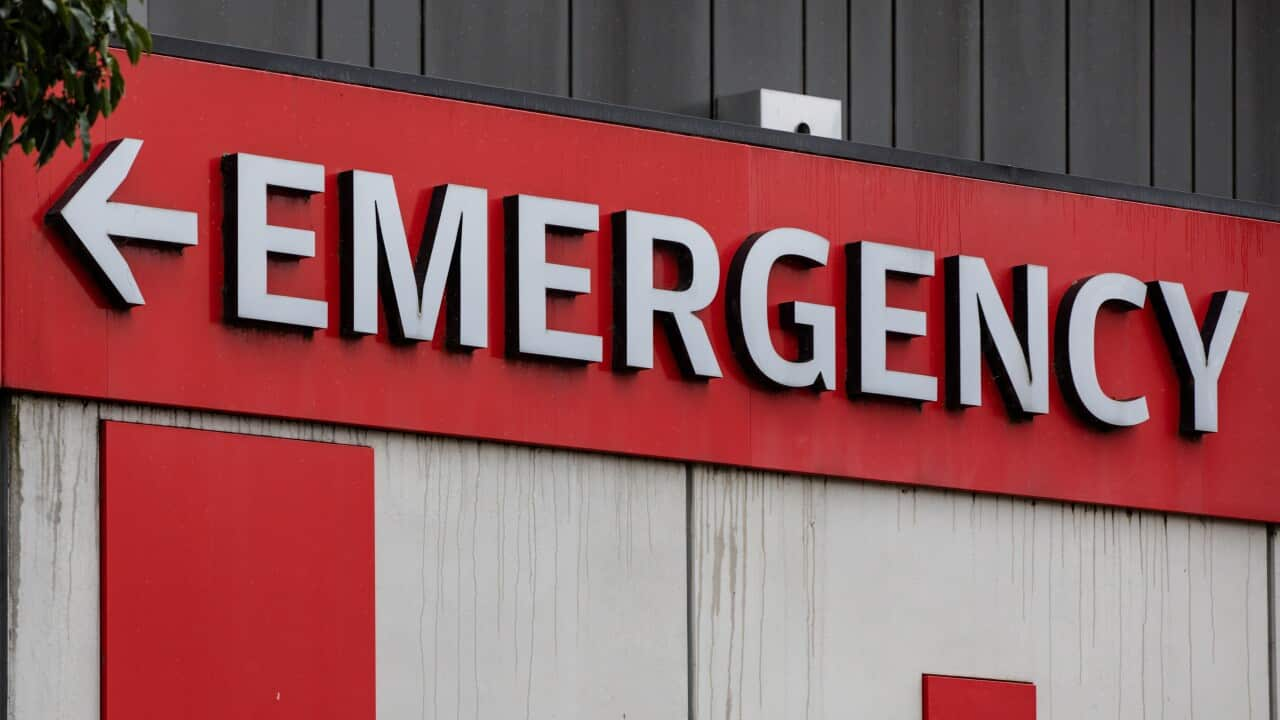Key Points
- A Pilbara GP has suggested city-based healthcare providers should serve up to four weeks in the bush each year.
- The National Rural Health Alliance says their research has found a $6.5 billion annual shortfall in rural health.
- A recent report published by the AIHW found rates of potentially avoidable deaths increased as remoteness increased.
Pilbara GP Sonia Henry has seen young people die of strokes, teenagers with heart disease, and children who have lost their hearing after untreated ear infections.
"We need to do so much better in giving remote Australians back what they give to us," Henry told the Regional Australia Institute's national summit in Canberra on Thursday.
"Particularly in Western Australia, the mining companies' profits are huge, but the people who live there aren't seeing that."
Henry, who has spent years working in remote WA and western NSW, said city-based specialists should serve up to four weeks in the bush every year, easing the burden on young rural doctors and medical students.
"Once I saw the things I saw out there, I could never unsee them and I could never just go back to work in Sydney with my eyes closed," the doctor and author said.
"You see this great beauty and you see this enormous suffering and that has changed my life."
The regional think tank's annual national conference heard from leaders across politics, business, local government and technology exploring ways to help growing country areas prosper.
The organisation this week released a progress report on its policy ambitions to support a regional population of 11 million by 2032.
It showed an incremental improvement in the number of full-time medical practitioners in the regions, from 323 per 100,000 residents in 2020 to 334 in 2021.
National Rural Health Alliance chief executive Susi Tegen said there were promising moves in the sector, like greater collaboration between state and federal governments.
But research by the alliance, whose members include medical colleges, Aboriginal health organisations and the Royal Flying Doctor Service, found there was a $6.5 billion annual spending shortfall in rural health.
"That means that population of seven million people is not receiving the health care they deserve," Tegen said.
"It's time that rural communities around Australia actually stand up and go ... 'We want our money.'"
The Australian Medical Association is set to release plans for building the rural workforce, recognising a city-centric healthcare model doesn't work in the country.
President Steve Robson used the analogy of the train journey between Brisbane and Longreach, in outback Queensland, to demonstrate health inequity.
"At every major stop, your life expectancy drops by a year by the time we get to Longreach," Robson said.
"We know that burden of chronic disease for Australians increases as you go further and further out of our major centres and your access to healthcare drops.
"These are the things we have to address ... having great health services in regions is what builds confidence makes people want to stay."
A report published on Tuesday by the Australian Institute of Health and Welfare (AIHW) found that rates of hospitalisation and potentially avoidable deaths increased as remoteness increased.
The report found that rates of hospitalisation and potentially avoidable deaths were two to three times higher in remote and very remote areas compared with major cities.
At the conference in Canberra on Thursday, the Royal Flying Doctor Service's NSW south eastern chair said the organisation was expanding its reach to dental and primary care, including the purchase of GP clinics in Warren and Gilgandra earlier this year.
"We recognise that it's wonderful to be able to pick somebody up in the middle of nowhere when they've had a heart attack and they're on death's door and we fly them to a hospital," Dr Saranne Cooke told the conference.
"However, what's the point of that if you played no part in keeping them from having a heart attack in the first place?" she said.
"We are trying to work very closely with communities to understand their needs because every community is different."




